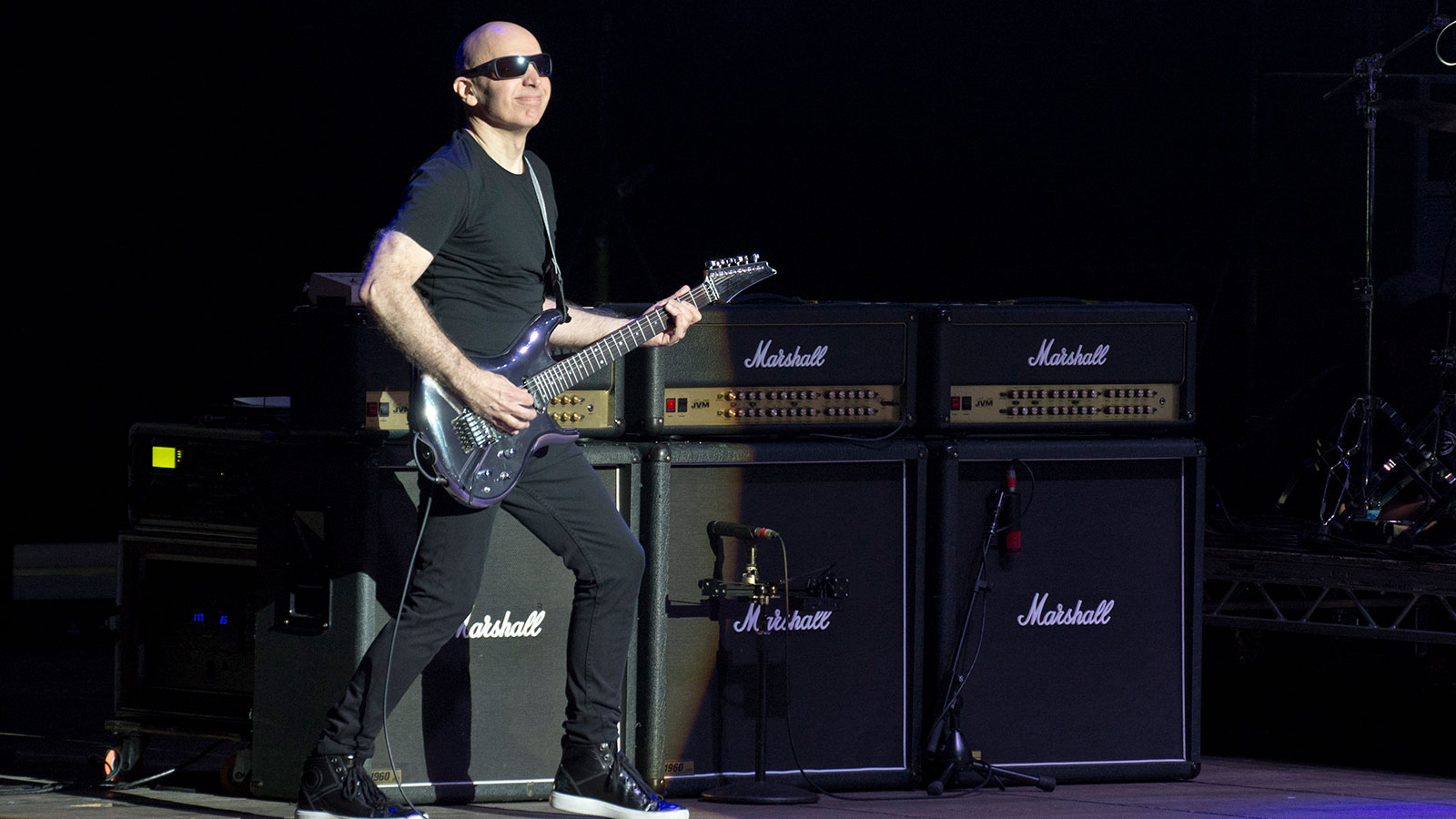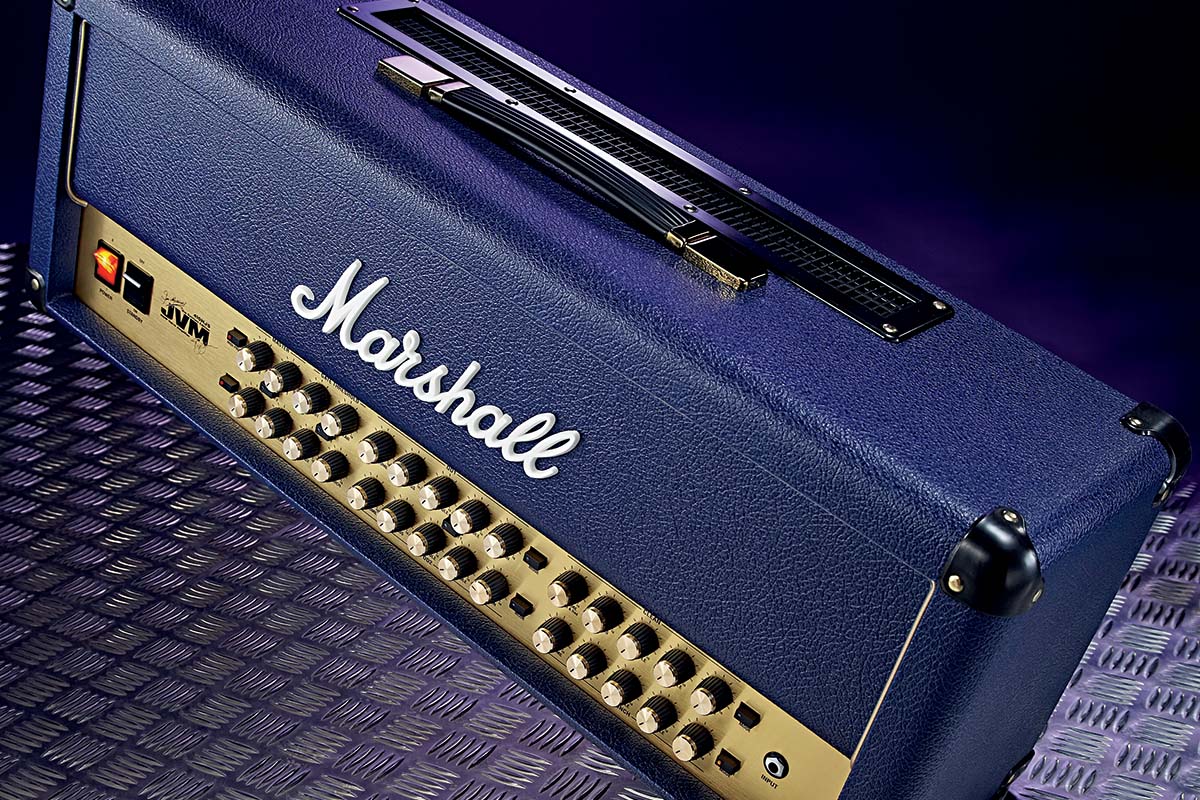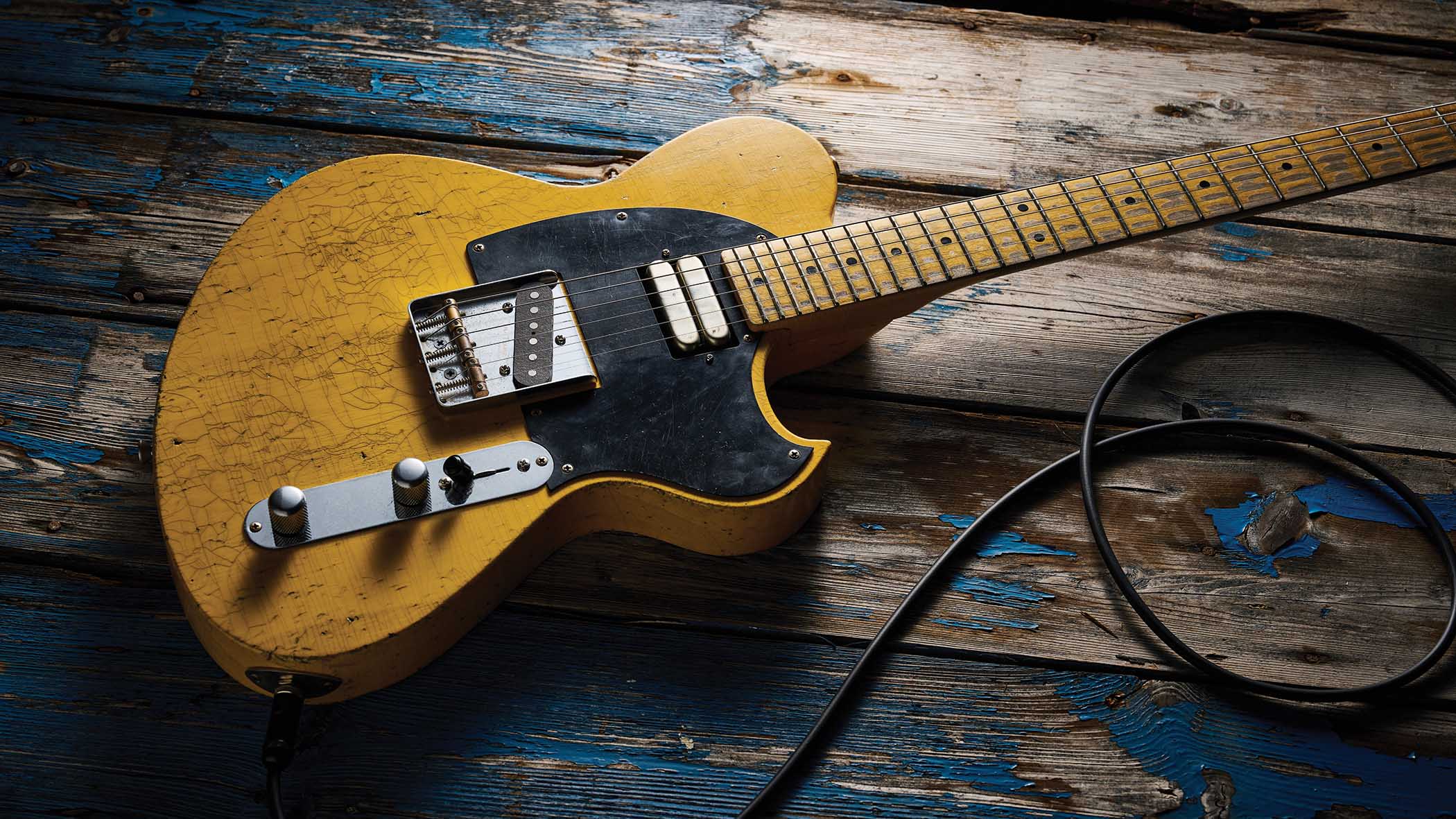Joe Satriani on his love of Marshall amps: “If there was ever an amp that makes you feel self-conscious yet emboldens you to play like a giant, it’s a Marshall”
The virtuoso on the sound that made him stop in his tracks – and also realize that there was no hiding place at high volume

All the latest guitar news, interviews, lessons, reviews, deals and more, direct to your inbox!
You are now subscribed
Your newsletter sign-up was successful
Hooked from the moment he heard one, Marshall devotee Joe Satriani tells us why only giants could take on this mighty amplifier and how his signature amp finally “understood” him...
“The first time I ever heard a Marshall amp, I was a teenager and a friend brought me over to watch this older guitar player in Queens. So we’re in this guy’s basement, and he’s got a Les Paul and Marshall stack. He turns it all the way up and I’m like, ‘Oh my God.’ I just remember that sound.
“Later, I remember going to see Chicago at a small theatre, playing in the round, with Terry Kath on guitar. They were squished on this little circular stage and Terry was standing right up against his Marshall stack. It sounded so good.
“I started to go to concerts more and more, and I’d see all these players go through Marshall stacks. Steve Miller, Zeppelin at Madison Square Garden – that was just insane. Those amps just never gave up.
“When I think of what my heroes sounded like when they plugged into those things and turned them up, I’m just so impressed. Jimi and Jimmy, right? Hendrix and Page. They sound so totally different, it’s unbelievable. That amp is receiving these two geniuses and getting their personalities to come out.

“When I started playing Marshall myself, those amps just seemed to pick up everything. There is no hiding when you plug straight into a Marshall and turn it up. If there was ever an amp that makes you feel self-conscious – and at the same time emboldens you to play like a giant – it’s a Marshall. So it’s not for the faint of heart.
“At least, not until the 800 came out, or any of the master volume ones. Then mere mortals could start to relate to the amp. Up until then, only giants could somehow make it work.
All the latest guitar news, interviews, lessons, reviews, deals and more, direct to your inbox!
“It was a real moment when I got my own Marshall JS signature amp. I was in Chickenfoot and also had my own band, so I had to come up with an amp that made sense for the gigs I had. That meant an amp with lots of gain for melodies and solos. But it had to be super fat so my high notes wouldn’t screech.
With my signature amp, we created this beast. We removed a lot of compression, took down the gain a little and made everything super fat
“That’s cool if you’re a lead player who just takes 16 bars and shaves everybody’s head off for a few moments – but that’s a whole different gig! Me, I walk out on stage and, for two hours, I have to play beautiful melodies all the way up the neck, so I can’t have the amp be that nasty up there.
“Santiago Alvarez – the Marshall engineer who designed the JS amp with me – understood what I was trying to do. So we created this beast. We removed a lot of compression, took down the gain a little and made everything super fat so it held together from the lowest to highest notes. And, boy, it really freed me up when I started to tour with those amps.
“I just found I could play so much more because the amp was helping me achieve all these different things, especially switching from legato to picking. It was like the amp understood me, y’know?”
Henry Yates is a freelance journalist who has written about music for titles including The Guardian, Telegraph, NME, Classic Rock, Guitarist, Total Guitar and Metal Hammer. He is the author of Walter Trout's official biography, Rescued From Reality, a talking head on Times Radio and an interviewer who has spoken to Brian May, Jimmy Page, Ozzy Osbourne, Ronnie Wood, Dave Grohl and many more. As a guitarist with three decades' experience, he mostly plays a Fender Telecaster and Gibson Les Paul.

